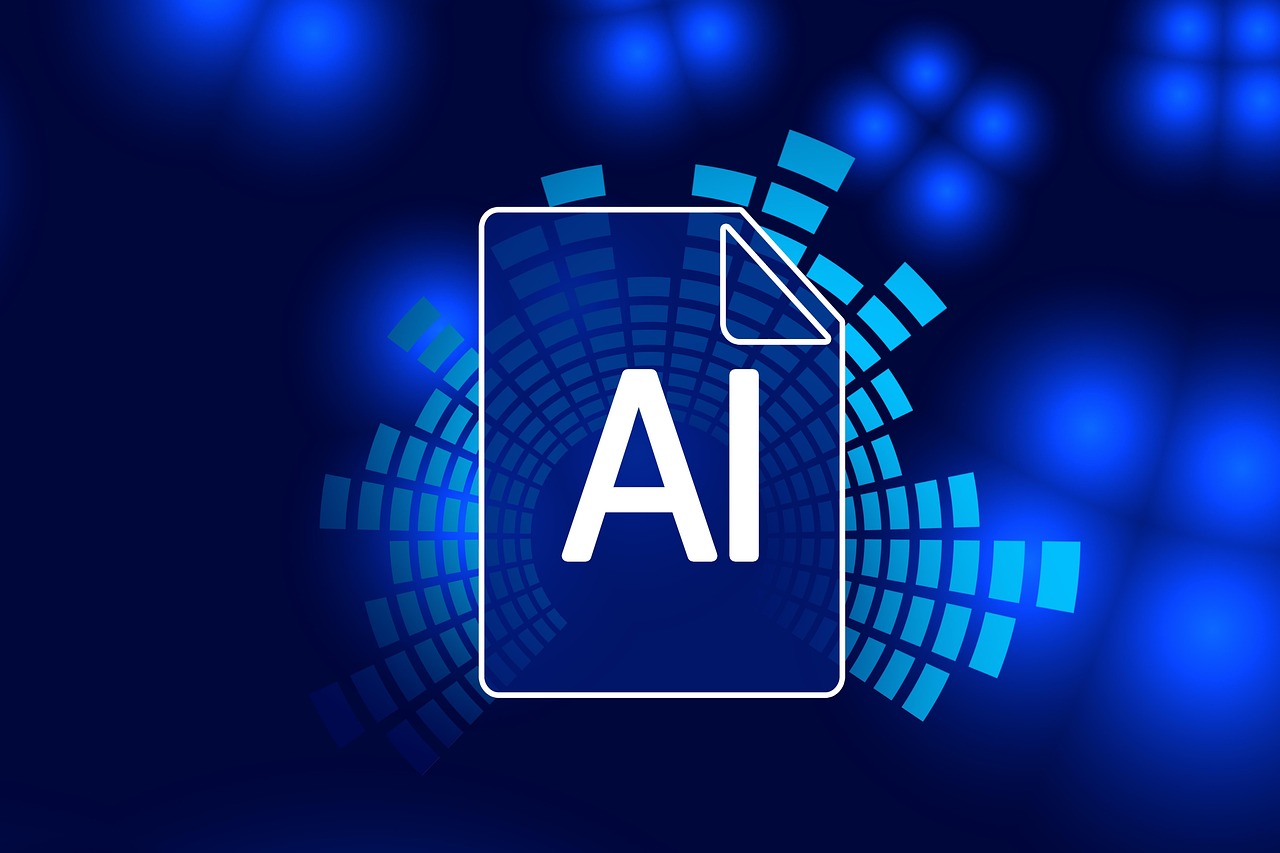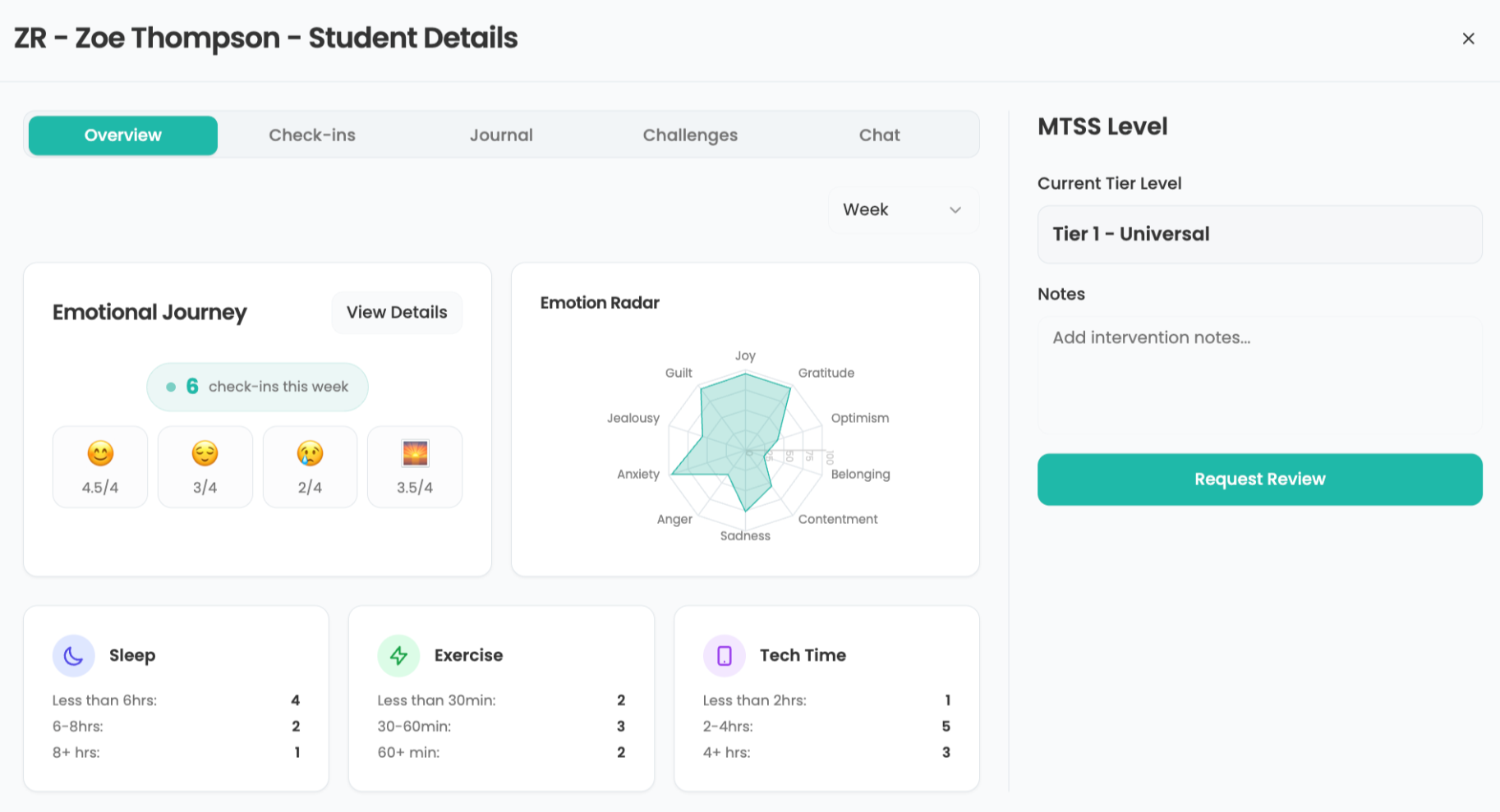Explaining Your School’s AI Approach To Parents
As more and more schools are using AI, an award-winning educator shares tips for making sure parents are on board with it.

Since generative AI is still a relatively new technology, when schools start using it, there can be internal debate and, sometimes, questions from parents.
Explaining AI use in schools to parents doesn’t have to be difficult, says Alana Winnick, Educational Technology Director at Pocantico Hills Central School District in New York and author of The Generative Age: Artificial Intelligence and the Future of Education.
Winnick, a Tech & Learning Innovative Award Winner, shares some guiding questions and advice for approaching AI in the classroom that have worked in her experience, though she stresses that every educational setting is different and teachers and school leaders tend to already know what’s best in their classrooms and schools.
Decide Whether AI Use Needs To Be Addressed With Parents?
The first step in discussing AI use in schools with parents is deciding whether or not that discussion even needs to happen, Winnick says.
Winnick asks rhetorically if teachers generally tell parents about every time they use a different technology tool. Since the answer is no, her follow-up question is: “Would you tell parents that you were using a calculator? So then would you have to disclose that you're using AI?”
In some settings, educators may want to explain AI tools being used in the classroom to parents, but it’s not always necessary, especially since a school with good vetting procedures for tech tools will already be taking student safety and privacy into account when approving any tech tool.
Educate Students and Their Parents By Teaching AI Literacy
Winnick has not heard of any parents worried about AI use in her district, but if such concerns do come up, she says the key to answering questions that might arise is to thoroughly educate students about their interactions with AI.
Tools and ideas to transform education. Sign up below.
“It's about educating the students on AI literacy, so that way, if the parent asks them, 'Why are you doing that?' or 'Why are you using that?' the child can very confidently and eloquently say, ‘Oh, this is a tool, I use to help me with my writing; let me show you. I put my writing and I get feedback,' and the child understands it because we educated them," she says. "Then hopefully, that child will alleviate any of those fears or concerns with their parents. So the answer to most questions all comes back to education and educating the students and the teachers, and the parents.”
Always Answer Questions That Arise
Sometimes educating a student on AI literacy isn’t enough, and parents have questions about the technology and how its being used with their children.
“If a parent does come to a teacher or to the principal or the district and expresses concern, as with anything else, whether it's technology or something else, it's always important to address parents concerns,” Winnick says.
In this case, she notes that one strategy might be to remind parents that they and their children are likely interacting with a form of AI already. “At home, a lot of kids have Siri or Alexa right, and they’ll ask Siri or Alexa questions, so what's the difference if they're in class?” Winnick says.
Remind Parents of The Power of AI As A Tutor
Of course, another way you can explain AI use at schools to parents is by explaining the potential power of the technology as a tutor.
“In a public school, we are unable to provide every child with a one-on-one tutor-- it’s not possible,” Winnick says. “But with AI at least they can get all their questions answered. The AI can provide more challenging questions, or if they don't understand, it can break it down, and start providing more support than any other teacher would ever be able to do on their own. And it's also taking the data from that chatbot and providing it to the teacher, so the teacher knows who was struggling, or not struggling.”
AI can also personalize answers it uses to connect with student interests. For instance, if a student likes baseball, the AI might be able to frame an explanation using an analogy to that sport, Winnick says.
Share AI Success
For Winnick, AI’s efficacy in the classroom isn’t hypothetical; she’s witnessed it help many students.
”It's transformational for my English as a new language students,” she says.
Winnick adds that while AI tools that work with middle and high school students are often the focus, she says AI can work wonders with younger students as well.
“As a former early childhood educator, I spent my last year in a kindergarten classroom; those kids have so many questions, and a teacher does not have infinite patience to deal with the thousand questions they are getting all the time, but AI does," she says. "So when that child is super curious, you don’t want to burst that creativity; you really want to enable that. With AI, they can ask as many questions as they want.”
Erik Ofgang is a Tech & Learning contributor. A journalist, author and educator, his work has appeared in The New York Times, the Washington Post, the Smithsonian, The Atlantic, and Associated Press. He currently teaches at Western Connecticut State University’s MFA program. While a staff writer at Connecticut Magazine he won a Society of Professional Journalism Award for his education reporting. He is interested in how humans learn and how technology can make that more effective.

